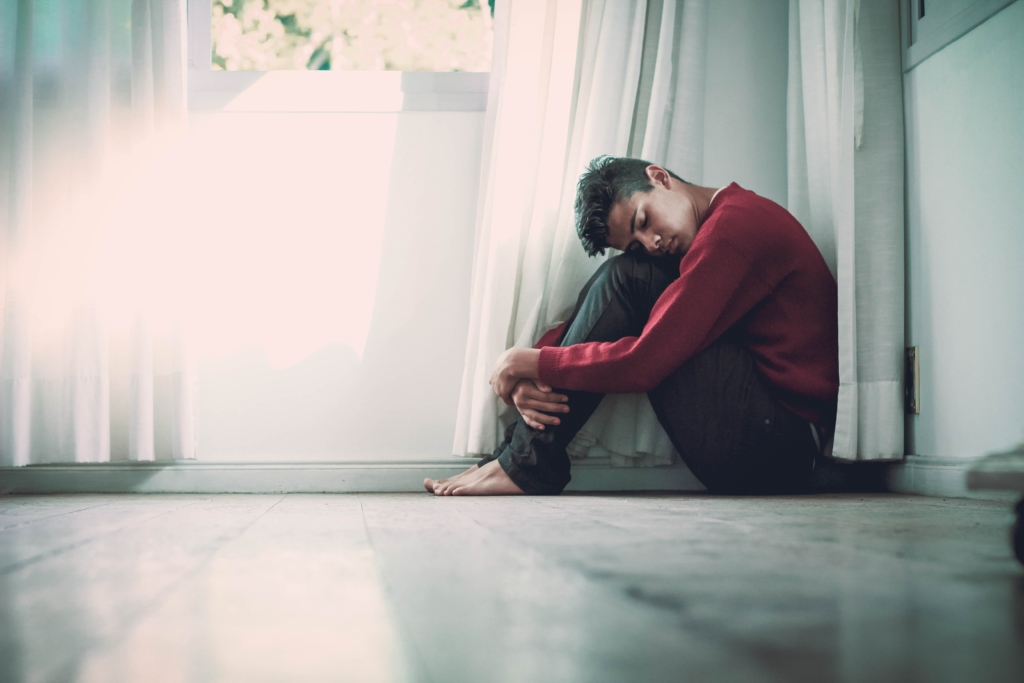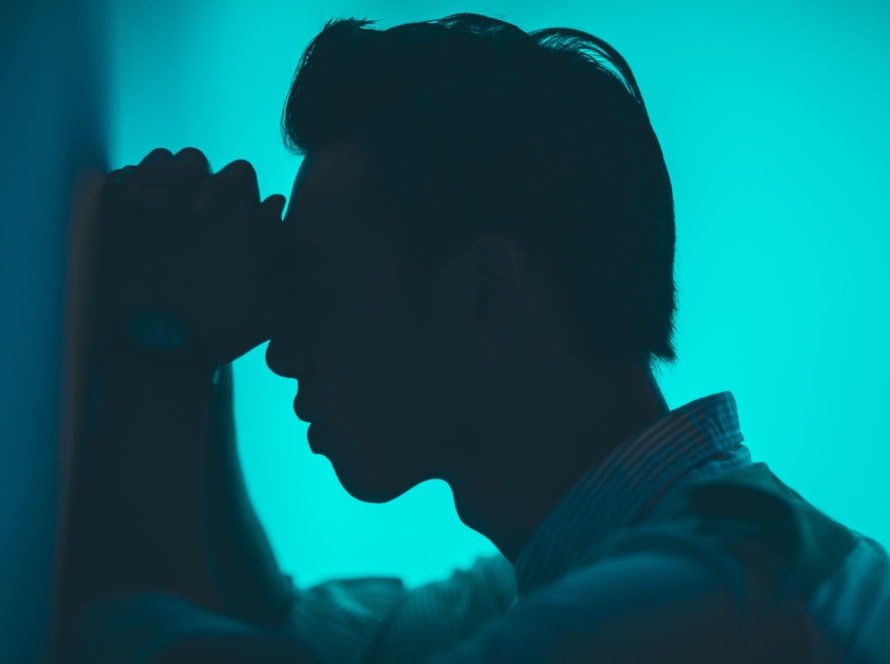All You Need To Know About Anxiety

What are Anxiety Disorders?
Anxiety is a normal part of life. It is an emotional reaction to stress that can be beneficial in some situations, and is our brain’s way of reacting to stress and alerting us of potential danger ahead.
Everyone feels anxious occasionally. For instance, you may feel worried and anxious about sitting an exam, when faced with a problem at work, or when making an important decision. While it is perfectly normal to feel anxious during times like these, for people with an anxiety disorder, the anxiety is more constant and can often affect their daily life.
Anxiety disorders are a group of mental illnesses that cause intense, excessive and persistent worry and fear about everyday situations. This often involves repeated episodes of feeling intense anxiety and fear or terror that peak within a matter of minutes (panic attacks).
Types of Anxiety Disorders
There are several types of anxiety disorders, including generalised anxiety disorder, social anxiety disorder, panic disorder, specific phobias, agoraphobia, and separation anxiety disorder. With treatment, however, anxiety can be managed, and most people with anxiety go on to lead normal productive lives.
- Generalised anxiety disorder: Feeling unrealistic, excessive tension and worry with little to no reason.
- Social anxiety disorder (Social phobia): Feeling overwhelming self-consciousness and worry about everyday social situations, especially about being embarrassed, judged or ridiculed by others.
- Panic disorder: Feeling sudden, intense fear that results in a panic attack. You may have chest pain or heart palpitations, and break out in a sweat during panic attacks.
- Specific phobias: Having an intense fear of a specific situation or object or situation, such as flying, heights, or spiders. This fear is such that it goes beyond what is appropriate and may result in you avoiding everyday situations.
- Agoraphobia: Having an intense fear of being somewhere where it seems hard to get help or escape if an emergency occurs. For instance, you may feel anxious or panic when standing in line with a crowd, or in public transportation.
- Separation anxiety. Feeling fearful or anxious when a person close to you leaves your sight and worrying that something bad may happen to them. Anyone can get separation anxiety disorder – not just little kids!
Causes and Risk Factors for Anxiety Disorders
There is no one known cause for anxiety disorders. A combination of factors including psychological, genetic, developmental and environmental play a role in who does and doesn’t get one. There are some things that can make you more likely than others to develop an anxiety disorder. These include:
- History of having another mental health disorder, like depression
- Constant worry about the health of yourself or a loved one
- Negative or stressful life events like loss of a caregiver in early childhood
- Emotional, physical and sexual abuse, or neglect during childhood
- Negative perceptions about oneself and low self-esteem
- Abuse of alcohol and illegal drugs
Common Symptoms of Anxiety Disorders
Anxiety disorders are characterised by excessive fear or worry. While the specific symptoms depend on the type of anxiety disorder you have, some common symptoms are as follows:
- Dry mouth
- Tense muscles
- Hyperventilation – breathing faster than normal
- Shortness of breath
- Rumination – repetitive dwelling on negative feelings and problems
- Cold, tingly, numb or sweaty hands or feet
- Being unable to stay still and calm
- Feelings of danger, doom or panic
- Heart palpitations
- Dizziness and nausea
- Sleep issues
- Inability to concentrate

When You Need to Reach Out for Support
Symptoms of anxiety may not go away on their own, and you may need to reach out for professional support if:
- You find it difficult to control your worry, fear or anxiety and it’s starting to interfere with your relationships, work and other parts of your life
- You think your anxiety is linked to a physical health problem
- You feel depressed, have other mental health concerns in addition to anxiety, and have trouble with substance use
- You have suicidal thoughts or behaviours (In case of this, reach out for emergency treatment immediately.)
There are various treatments such as medication and psychotherapy aimed at reducing and managing symptoms of anxiety disorders. See your GP or a mental health professional before your anxiety gets worse. As with most things, the earlier you get help, the easier it is to treat and manage!
Other Resources:
https://www.nhs.uk/mental-health/conditions/anxiety/types-of-anxiety


